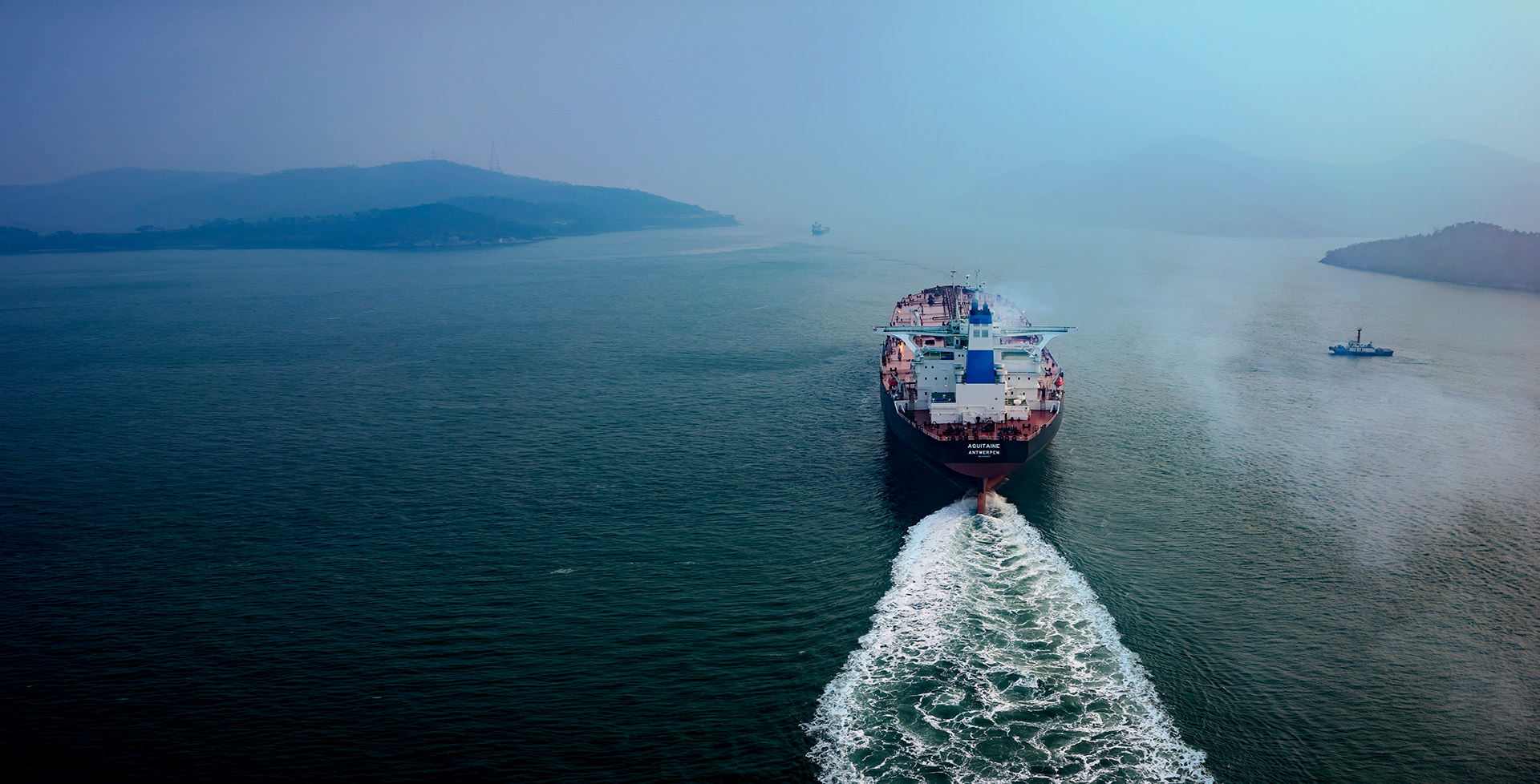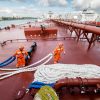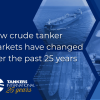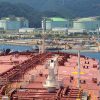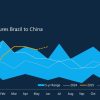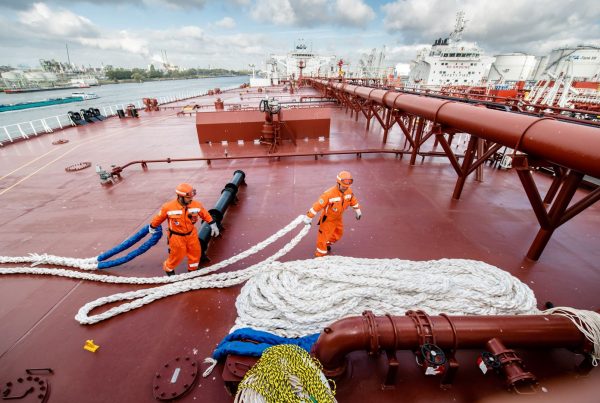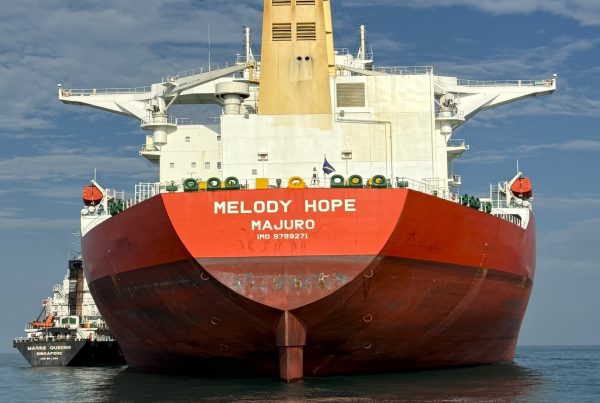What attracted you to Tankers International?
I’ve always been fascinated by data and turning it into something commercially useful. This interest led me to pursue a master’s degree in business analytics at the University of Southampton. Here, I got to grips with the theory behind how data can make a meaningful impact, in addition to practical data visualisation tools such as Power BI.
Straight from university, I landed a role at AirAsia as an analyst. It was there that I started translating my knowledge of and passion for data into insights that could inform business-critical decision-making. I look back and see many similarities between aviation and shipping, for example understanding performance and trends on vessel and airline routes and creating dashboards that can tell the right story.
It was an initial meeting with Mette Frederiksen, Head of Research & Insight that sold the opportunity to me. I immediately aligned with Tankers International’s mission and values and was excited by not only the volume of valuable data but also the company’s approach to translating and sharing it with Pool Partners for their commercial advantage.
What have been your personal highlights during your time at Tankers International?
I wanted to find a role that allows me to make a tangible, meaningful impact. At Tankers International, I felt I had this opportunity right from the start. For instance, I’ve been able to translate data into insights that have made a genuine economic difference to the Pool’s performance. As part of TI’s in-house data team, we are building dashboards from scratch and on demand. It’s not just a ‘nice to have’ for TI; the qualified data is used across the organisation, from the chartering desk to the operational team, to assist sound decision-making.
How does your role support Tankers International?
Data is at the very heart of Tankers International. But, raw data alone does not provide meaningful insights. As a data analyst, my role is to act as the bridge between data and insights.
On a typical day, requests come in from across the organisation. On the commercial side, these requests can be anything from comparing and contrasting the performance of different vessels or routes, to understanding how trade patterns change over time. One example is a Time Charter Equivalent (TCE) tracker dashboard that we’ve developed, which helps the team monitor the TCE throughout the voyage and understand the performance of a vessel.
We also get requests from the finance department. Currently, we’re working on a tool that will enable the team to review the Pool’s financial performance from different dimensions. Using digital tools, we can pull together information from several siloed platforms into one dashboard to create a single view from which decision-makers can view all relevant information.
What can we expect to see from Tankers International in 2024 and beyond regarding the use of data and digital tools?
It’s a case of Tankers International continuing to walk the walk when it comes to the use of data and digital tools. Being wholly focused on the VLCC segment and collecting 40+ data points for every VLCC fixture in the market puts us in a unique position to collate and share genuinely transformative insights. Much of this is to the benefit of our Pool Partners through more efficient trading of our own fleet, but it also allows us to continue the development of our VLCC fixture app to add more transparency to the VLCC market as a whole. This follows recent updates to the app, such as the introduction of Baltic Exchange data and Carbon Intensity Index (CII) data.
How does Tankers International differ in its approach to data?
Data and technology alone can’t deliver maximum institutional value. It requires the human touch, which is why TI has invested heavily in a dedicated research and insights team. As a company, we have also invested in internal solutions, including digital technology, that bring together data streams from various platforms to present an integrated data visualisation tool for decision-makers across the organisation. It’s the human knowledge and experience combined with the software, tools and technology that sets Tankers International apart when it comes to data intelligence.



